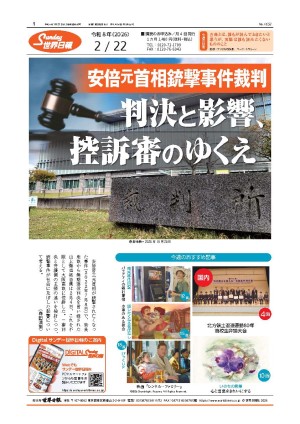ビッグデータで交通渋滞緩和へ Arizona city rolls out voluntary traffic reduction program - by tracking residents’ cellphone data
ビッグデータで個人の行動が追跡されることに対する懸念が指摘される中、アリゾナ州の都市が、交通渋滞を緩和するために、住民の動きを追跡する計画を開始した。
フラッグスタッフ市職員らは、計画への参加は任意であり、匿名で行われると強調した。これは、携帯電話の位置情報を使ったもので、民間企業で収集、分析し、その情報を、計画を運用する運輸当局に販売するという仕組みだ。
...【全文を読む】







